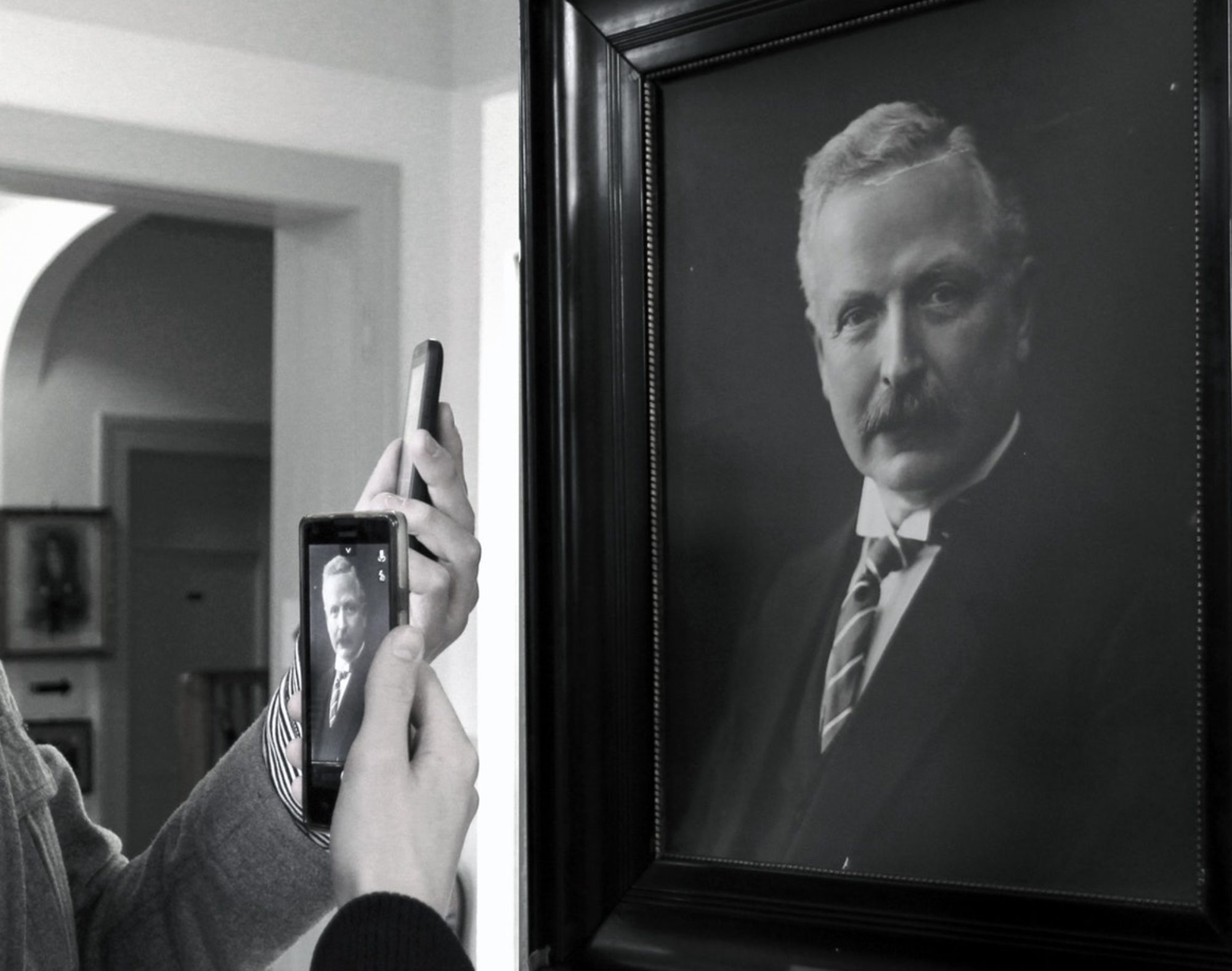When the massive Persian invasion fleet arrived at a little Greek village called Marathon in late summer of 490 B.C.E., the Athenians knew they were in a tight spot. Outnumbered at least two to one, and without the feared Spartan warriors by their side (Sparta was observing a religious holiday at the time which prevented them from committing troops until weeks later), the Athenian and Plataean hoplites (Greek foot soldiers) had to find a way to fight off the invaders; if they lost, the Persians would subjugate all of the Greek city-states and much of the classical Greek history revered throughout the western world over the past two millennia would have been written very differently (or not at all). But simply winning one battle at Marathon would not be enough to secure Greek liberty – the Athenians would need to both win the day and throw the invasion force back in the sea.
The Greek army successfully encircled the Persian troops offloaded from their ships in an area full of marshes that prevented the Persian cavalry from landing, but realized quickly that holding the invaders at bay until the Spartans arrived wasn’t going to work – the Persians had superior archers and wreaked havoc from afar. So, the Greeks spread their soldiers out in a single, thin line and advanced, under fire, in protective phalanx formation. The Greeks met stiff resistance in the middle of the line but were able to break the weaker Persian flanks and then both edges of the hoplite formation wheeled around on the stout Persian center, eventually causing a rout as the invaders were forced to flee back to their ships.
The Athenians and Plataeans had just won a huge victory against one of the most powerful empires in the world without assistance from the professional soldiers of Sparta – it should have been cause for great celebration. But, the Persian ships began to sail around the island, headed toward an undefended Athens. For the victorious but exhausted Greeks, the day was not yet over.
Just as winning one battle does not guarantee full victory, being first to market with a successful product does not prevent competitors from entering later, with superior offerings. For example, Netflix, after successfully out-maneuvering a complacent Blockbuster, had to contend with Amazon when it entered the content-streaming business. At the time, Amazon Prime Video was essentially an add-on service designed to justify Prime membership (which provides other benefits, most notably fast shipping on items purchased on amazon.com) and contained far less content than Netflix. It may have been easy for Netflix to continue doing what had been successful before during its campaign against Blockbuster: add more content available to be streamed at any time over the Internet. But what won the first battles would not be enough to win the war against Amazon.
Indeed, the Greeks understood the victory they had won in the marshes at Marathon would be meaningless if they could not beat the Persian ships back to Athens. The mission now: rush back to Athens, in full armor and exhausted from battle, before the invasion fleet arrived. So, the Greeks covered the nearly 24 miles from Marathon to Athens on foot – still a difficult feat today without armor, wearing modern running shoes, and being fully rested – in time to watch the Persians sail away. How did the Greeks achieve such a complete victory? They were prepared to do whatever was required to turn the Persian invasion away, even if that meant pushing the limits of the human body. In short, the Greeks embraced a culture of endurance.
Success in business is really defined by one outcome: building a product or service that someone else is willing to pay for. Many innovative companies are able to address unmet needs with one or two products before competitors enter the market with better solutions, or redefine the market segment altogether (like what Netflix did to Blockbuster in the home movie sector). The companies that enjoy long-term success, however, are willing to do whatever it takes to continuously build new products that people want to buy.
Netflix embodies this culture of endurance well; when Amazon Studios was launched in late 2010 to create original content worth watching (and therefore, worth paying a membership fee for), Netflix offered their first original content to compete (House of Cards, in 2013). We don’t yet know who will win the content-streaming wars, but Netflix has continued to deliver new value as the market shifted: it transitioned from a physical movie rental service, to an online movie streaming company, to creating its own compelling original content.
The most valuable companies understand long-term success is a test of endurance and recognize that the path to product-market fit is not a sprint – it is a marathon.
Adam F. Caplan is the product leader at a rapidly growing digital healthcare IT company.

